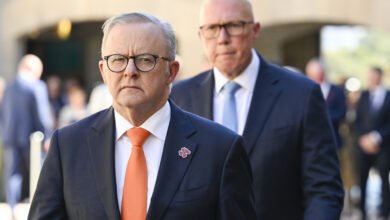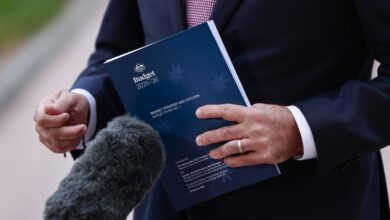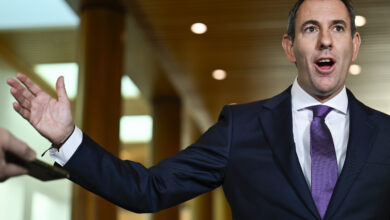NSW ‘second to US’ in health costs
NSW patients face high care costs in comparison to other nations
NSW patients pay more for out-of-pocket medical expenses than do citizens of every country except the US, a report has found.
The Bureau of Health Information’s second annual report, Healthcare in Focus 2011: How well does NSW perform, compares the state’s health care with that in 10 countries.
The bureau’s CEO Diane Watson said NSW got value for its health dollar but care costs were high when people got sick.
“Only the US had a higher percentage of sicker adults who reported cost as a barrier to accessing doctors, medicines, tests and treatments,” Watson said.
“While no public patient in NSW incurs out-of-pocket costs for hospitalisation, 42 per cent of NSW sicker adults reported that they and their family had spent more than $1000 out of pocket on medical care.
“(That is) a higher percentage than in nine countries.”
NSW and the rest of Australia are also heavily reliant on hospitals compared with other countries.
“We’ve found 15 per cent of NSW sicker adults with a chronic condition are hospitalised or visit an emergency department, which is twice as high as France,” Watson said.
In 2011, one-quarter of adults in NSW and Australia reported they received treatment in a hospital in the past two years compared with 14 per cent in Canada and 15 per cent in the UK.
In better news, NSW had a 46 per cent drop in deaths from heart disease, stroke and common cancers over the decade.
“We’re a leader in the speed of change,” Watson said.
In NSW in 2008–09, a total of $4,933 per person was spent on healthcare (public and private).
After accounting for differences in currency, this is at least 10 per cent lower than spending in six comparable countries. A significant proportion of the state’s resources are spent on healthcare. In 2008-09, total public and private health expenditure was $35 billion – almost 9 per cent of gross state product.
Of NSW patients who needed to see a specialist, 60 per cent reported waits for an appointment of less than four weeks, a higher proportion than in seven countries. About one in five (19 per cent) waited longer than eight weeks.
AAP
Email: [email protected]




